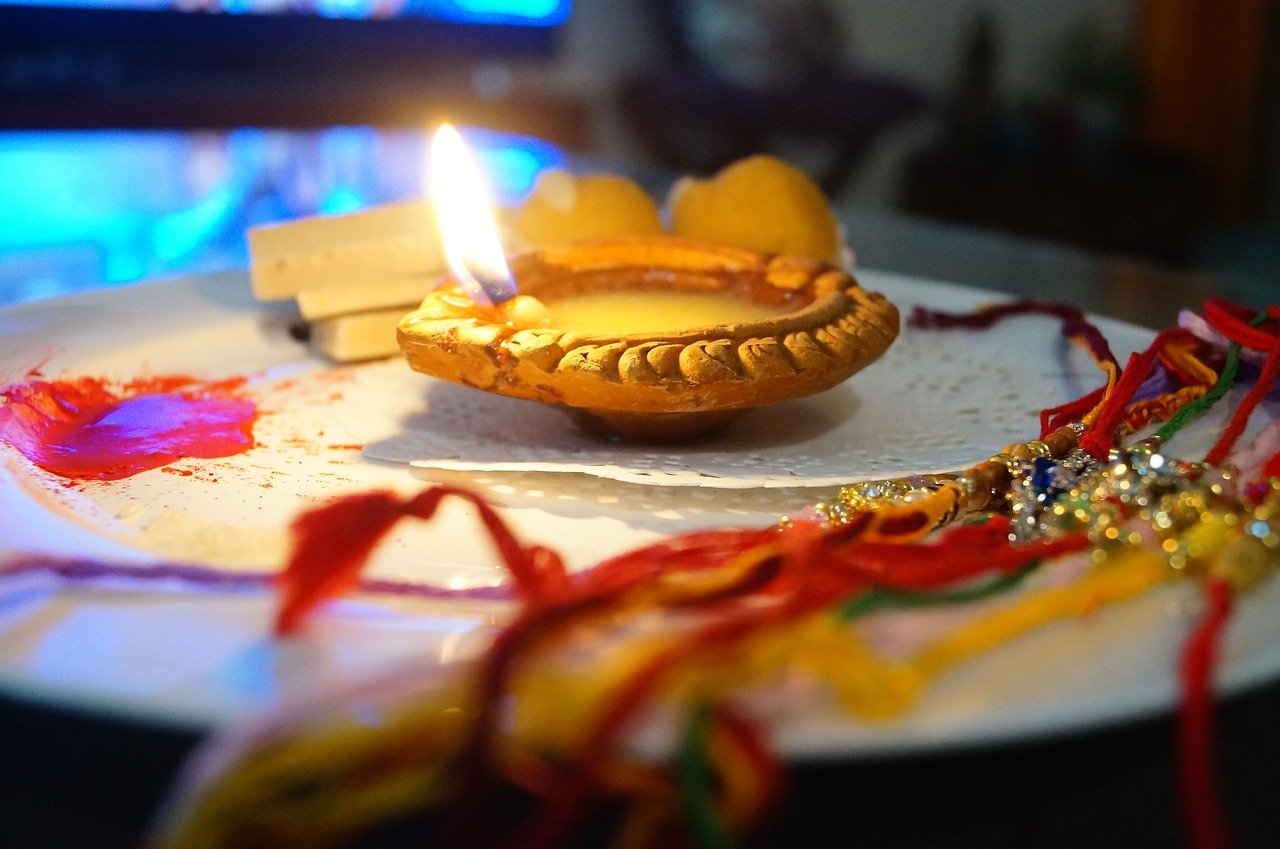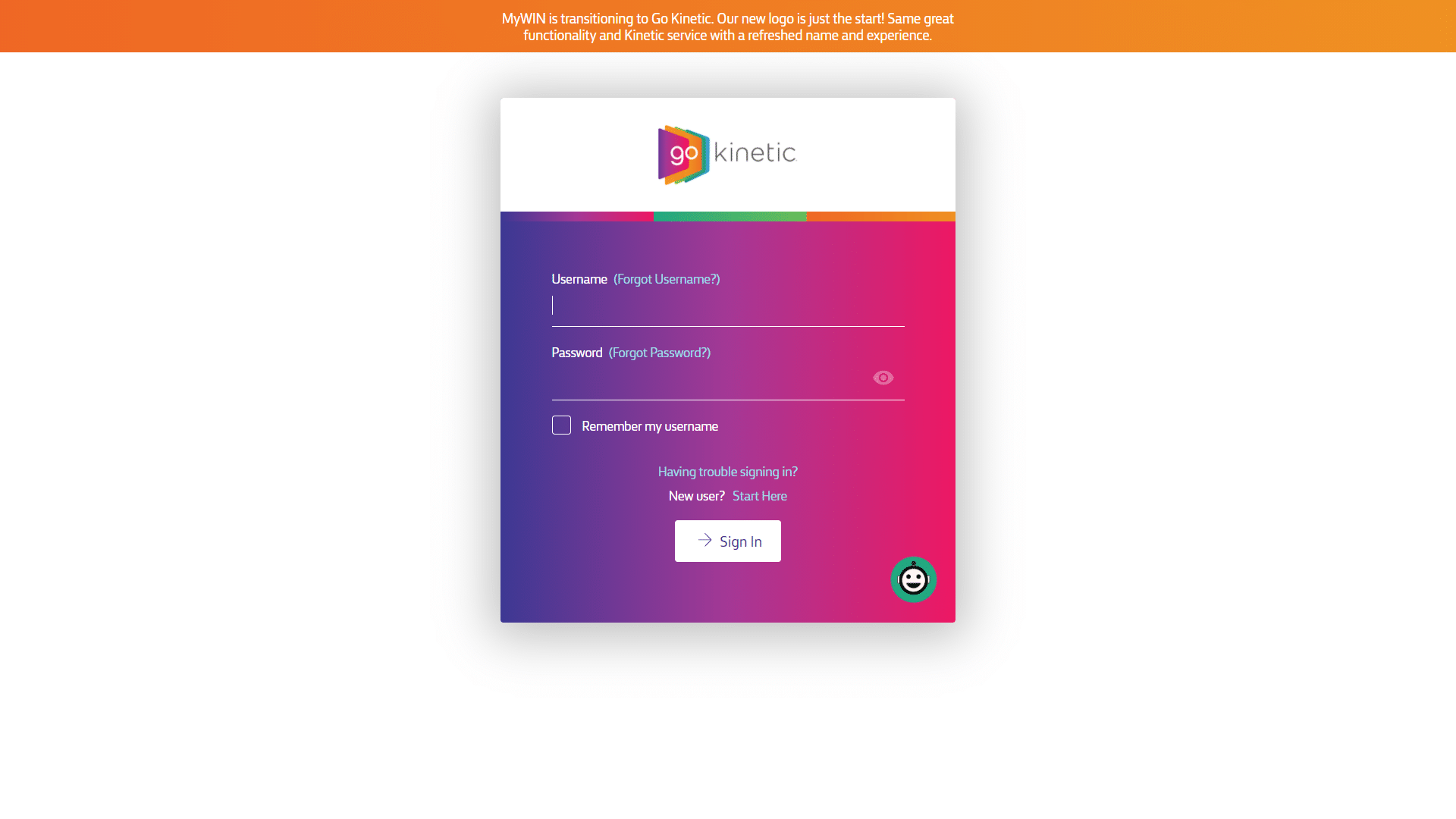Maharashtra is an Indian state on the western coast. As a result, Raksha Bandhan celebrations in this state are primarily focused on the water. The Koli community in the state’s coastal parts celebrates Nariyal Purnima on the full moon of the Hindu month of Shravana, whilst the state’s urban areas celebrate it with a traditional rakhi tying ritual, gift exchanges, protection vows, fun and food, and a lot of laughter and joy. Sisters who can’t meet their brother, they send rakhi to their brother’s place.
Maharashtra’s Nariyal Purnima!!!
Nariyal is a Hindi word that means “coconut.” On the full moon day of the Hindu month of Shravana, the Koli people in Maharashtra’s coastal regions offer coconut to the sea, hence the name Nariyal Purnima. In this area of the world, this event is known as Shravani Purnima or Rakhi Purnima.
This day marks the conclusion of the monsoon season and the start of the fishing community’s water commerce. When there is no fishing during the rainy season, the fishermen community does not eat fish. However, when the rainy season ends on this full moon day, they begin to eat fish by throwing coconut into the sea. Coconuts are thrown into the water as a ceremony to calm the previously wild sea.
When the sea is at high tide, and there is a lot of movement during the day, the coconut is thrown. According to Hindu mythology, the coconut was chosen because it is considered an auspicious sacrifice to the Hindu gods. Because no part of a coconut is wasted, it is considered auspicious. The leaves, bark, and coconut of the coconut tree are beneficial to the human species.
Also, because coconut is thought to have three eyes, it is thought to embody Lord Shiva. This is one of the reasons why coconut is brought to the sea-God before the fishing and water-trade seasons begin. The fishing community worships Varuna, the sea god, and prays to the sea.
They pray to Lord Varuna to ensure that their business works appropriately throughout the year. They also pray to the Lord for protection from misfortunes throughout the year. Following the prayers and offerings, people often dance, sing, and dine together. They prepare traditional dishes like natural bhaat (coconut rice), Malachi karanji (sweet coconut packed bread), and so on. Buy rakhi online and make the bonds stronger.
Preparations for Nariyal Purnima have begun.
It’s fascinating to see how this community prepares for the most important day of their lives. Patching old fishing nets, repairing holes in leaking boats, painting old boats, preparing colourful buntings or flower garlands to decorate the boats, buying new boats or making new fishing nets are all part of the preparations.
After throwing the coconut into the sea on the festival’s actual day, fishers worship the sea-God Varuna. They serve coconut and coconut water to the entire community as a form of ‘prasad.’ They perform poojas on the boats, light small oil lamps, and float them out to sea.
Rakhi tying ritual in Maharashtra cities!! Send Rakhi
Send rakhi online on Raksha Bandhan is a festival in which sisters tie rakhi to their brothers in places like Mumbai, Pune, Aurangabad, Nashik, Nagpur, and many others. The actual rakhi tying ceremony begins with all of the siblings gathering in their finest clothes, jewellery, and other accessories, as well as joy in their hearts. The sisters make a lovely pooja thali, complete with roli-chawal, rakhi, and aarti. If a sister is a married woman, her presence at the brother’s house is anxiously anticipated; if both brothers and sisters live together, they meet, and the sister applies kumkum, kanku, or roli to her brother’s forehead.
After that, the sister performs aarti for her brother, wraps a rakhi around his wrist, and the two share Maharashtra sweets. Chora paak (coconut burfi), besan halwa (moong dal halwa), peda (Radha Vallabh ladoo), somewhat sweet (coconut besan burfi), Loki ki kheer (mango kheer), malpua (lapsi), raghavdas ladoo (pineapple based), khajoor halwa, khantoli, dud The order in which aarati and rakhi are performed varies, with some sisters performing aarti first and then tying the rakhi, while others are tying rakhi first and then performing aarti for their brothers. Beautiful presents are given to sisters by their brothers, who promise to defend and stand by them through thick and thin. Each heart is calmed and filled with delight throughout the event. This day of the year gives every heart a cause to stay connected throughout life, regardless of the circumstances.
Send Rakhi There will be games, food, and songs.
Tradition is more critical in Marathi culture than in any other section of the country. These individuals have cultivated and celebrated their Marathi identity in all aspects of life, including art, culture, food, music, cinema, and traditions. It’s no surprise, however, that on the day of Raksha Bandhan, traditional Marathi cuisine reigns supreme in practically every household. Moong dal vada; all Vadi; suralichi Vadi; kothimbir Vadi; mugache third; besan Kanda kachori; Puran Poli; natural Bhat; nariyal barfi; suji and coconut ladoo; moong dal vada; all Vadi; suralichi Vadi; kothimbir Vadi; Modak comes in a variety of flavours, including Kesari. Mocha modak, dark chocolate, motichoor, paneer, dry.
Apart from these traditional dishes, the current generation is experimenting with modern food, such as goda masala pasta, handi paneer, kami seviyan, tandoori gobhi, cranberry Panna, mango basil colada, baked almond kofta, multigrain sev puri, and many others. Maharashtra’s significant cities each have their distinct cuisines. For example, for Pau Bhaji, Mumbai has its own Vada Pav or Misal Pav. Pune is also famous for two types of Misal Pav. Kolhapur is also famous for its Misal Pav. Marathi culture has a distinct musical and rhythmic sensibility. When brothers and sisters meet together, they sing traditional Marathi songs to honour the tie between them!



![How to Fix [pii_email_c957964d4f7a26364c93] Outlook Error!!](https://bloginyouth.com/wp-content/uploads/2022/02/How-to-Fix-pii_email_e74878d74f14b5448151-Outlook-Error-300x300.png)
![How to Fix [pii_email_e74878d74f14b5448151] Outlook Error!!](https://bloginyouth.com/wp-content/uploads/2022/02/pii_email_e74878d74f14b5448151-2-300x300.png)